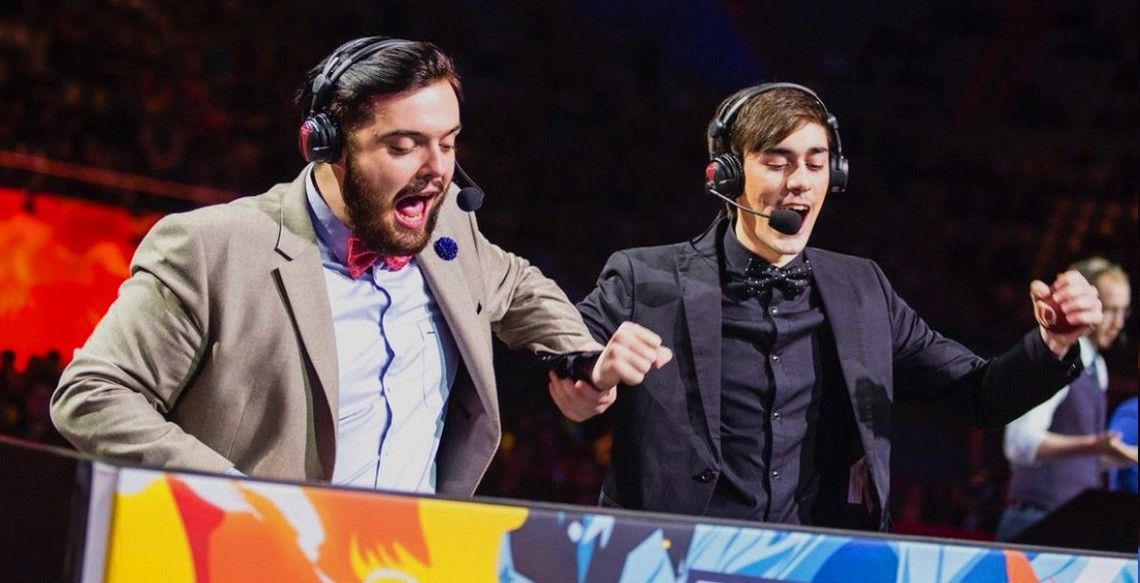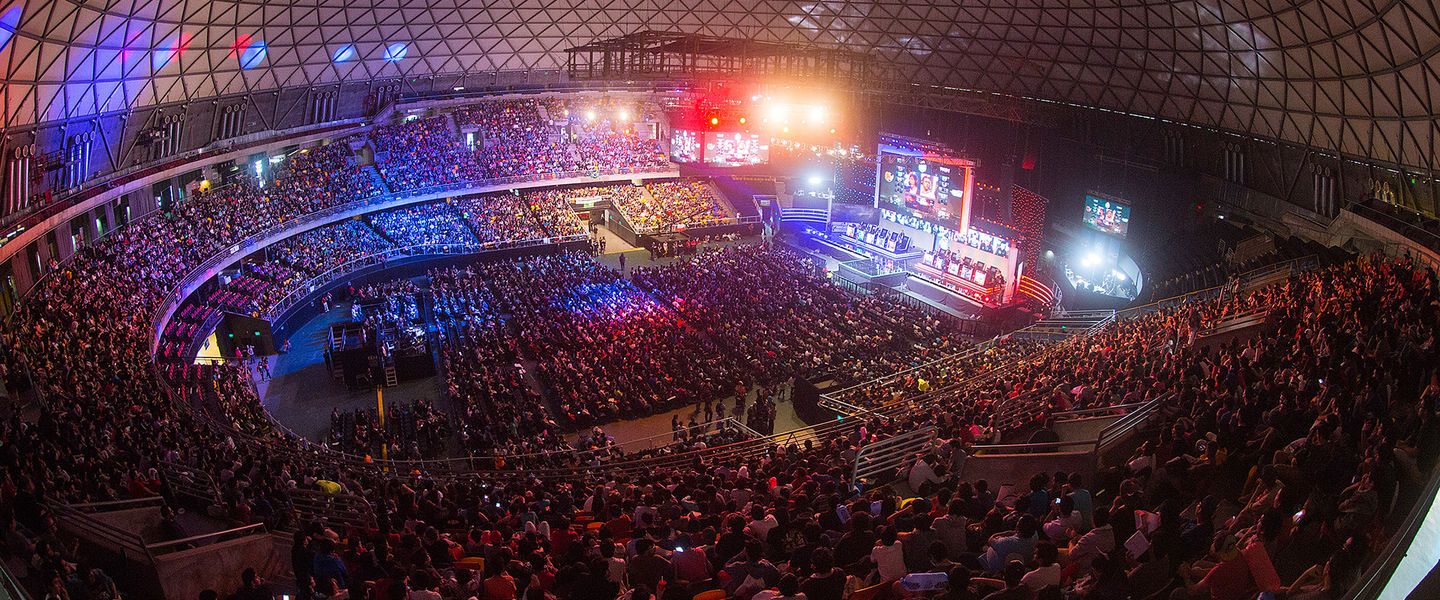May 1, 2023
If you follow the esports scene, you’ve heard the voices of the casters that bring the games to life. Their enthusiasm and insightful commentary make the experience of watching a game all the more exciting. But have you ever wondered what it takes to be a caster?
The play-by-play caster is like the narrator of the game. They describe the action on screen, from the players’ movements to the strategies employed. They need to have quick reflexes and be able to keep up with the action.
The color commentator, on the other hand, provides analysis and insight into the game. They offer expert opinions on the strategies employed by the players and teams and help viewers understand the context of the game. They fill the gaps of live play with informative analysis.

So, how do casters prepare for a broadcast? It’s more complex than just showing up and talking into a microphone. Casters spend a lot of time researching the game, studying the strategies employed by different teams, and analyzing the strengths and weaknesses of individual players. They need to have a deep understanding of the game and the esports scene in general.
Once they have done their research, they spend time practicing their commentary skills. They rehearse their lines, work on their timing, and practice their delivery to ensure that they are able to provide insightful and engaging commentary without getting stuck or running out of words during the event.
On the day of the event, casters arrive early to set up their equipment and meet with the production team. They do a final run-through of their lines to ensure everything is perfect, and then it’s showtime! Casters watch the action unfold on the screen and provide real-time commentary, analyzing the strategies employed by the players and highlighting key moments in the game.
“If you’re nervous when the camera turns on and you’re aware that an audience is tuning in, remember that you were hired for a reason. You are the expert, and the viewers are here to learn. Come prepared with storylines, player history, compelling stats, and other examples to help shape the narrative. Most broadcasts have a number of new viewers, so take it as an opportunity to help educate the new fans on all you know about your favorite teams!”
– Heather “sapphiRe” Garozzo, CS and Valorant observer
If you’re interested in becoming a caster yourself, there are several things you can do to increase your chances of success. First and foremost, make sure you know the game inside-out. Spend time studying the game, watching videos of professional players, and analyzing strategies employed by different teams. The more you know about the game and its current esports scene, the better prepared you’ll be to provide insightful commentary.
Next, practice your commentary skills. Casters need to be able to deliver their lines quickly and accurately while also providing insightful analysis. Spend time practicing your delivery, working on your timing, and rehearsing your lines to ensure that you’re able to provide engaging commentary during an event. If you want to be a play-by-play caster, you must be adept at improvising a rich narrative of hype.
Building your network, as always, is also key to becoming a successful caster. Attend events, network with other casters, and build relationships with production teams and organizers to increase your chances of being offered casting opportunities. You never know when an opportunity may arise, so be sure to put yourself out there and make connections whenever possible.

Finally, create a demo reel to showcase your casting skills. A demo reel is a short video that highlights your commentary skills and gives potential employers a sense of your style and personality. Make sure your reel showcases and showcases your versatility as a caster. Be yourself and let your unique personality shine through in your commentary.
If you’re interested in casting for a specific game, like League of Legends, it’s important to be familiar with the community surrounding the game. Join online forums, participate in discussions on social media, and attend local events to build relationships with other members of the community. This will not only help you stay up-to-date with the latest news and trends in the game, but it will also help you build a following and gain exposure as a caster.
In conclusion, esports commentary is an essential part of the esports experience, providing viewers with insight, analysis, and entertainment throughout the event. With some hard work, you could be the next great esports caster!